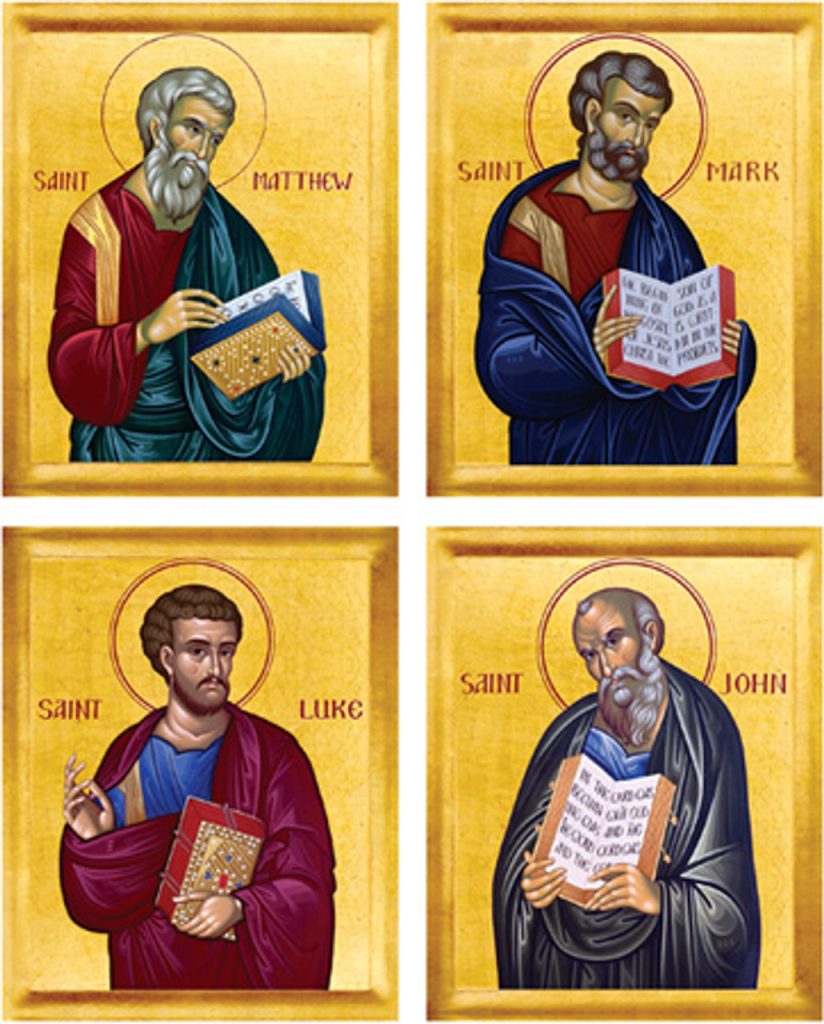
The Dialogues of Plato contain an interesting conversation between Socrates and Euthyphro. What is known as Euthyphro’s Dilemma can be paraphrased as follows: Is something good because it is loved by God, or is something loved by God because it is good? This is the type of question asked in Plato’s dialogue Euthyphro.
However, from a Christian philosophical and theological perspective, this is a false dilemma. We have more than two options to consider. 1) If something is good merely because God loves it, then goodness and morality are arbitrary functions of God’s power of choice. 2) If something is loved by God because it is good, then God is accountable to a higher moral law.
The third option to consider is this: 3) Both goodness and love are grounded in the unchanging character and eternal essence of God. That is to say, both goodness and love are essential characteristics of God. For God, his essence (what God is) and his existence (that by which God is) are both found in God himself. Therefore, Euthyphro’s Dilemma is a false dilemma.
Furthermore, the Gospels according to Matthew, Mark, Luke, and John share good news with us. For example, “The beginning of the good news about Jesus Christ, the Son of God” (Mark 1:1). Another example is, “And the angel said to them, ‘Fear not, for behold, I bring you good news of great joy that will be for all the people. For unto you is born this day in the city of David a Savior, who is Christ the Lord’” (Luke 2:10–11).
The etymology of the words translated as good news in the New Testament are as follows: 1) euangelion from the Greek New Testament, 2) evangelium from the Latin Vulgate, 3) godspel from Old English, and 4) gospel from Middle English. All of these words mean good news.
So, what is the good news? The good news is that God has provided salvation to us – through the birth, life, death, and resurrection of Jesus Christ. God offers salvation to us from unhealthy choices, sin, death, and the grave. “For God so loved the world, that he gave his only Son, that whoever believes in him should not perish but have eternal life” (John 3:16).
~Boethius~